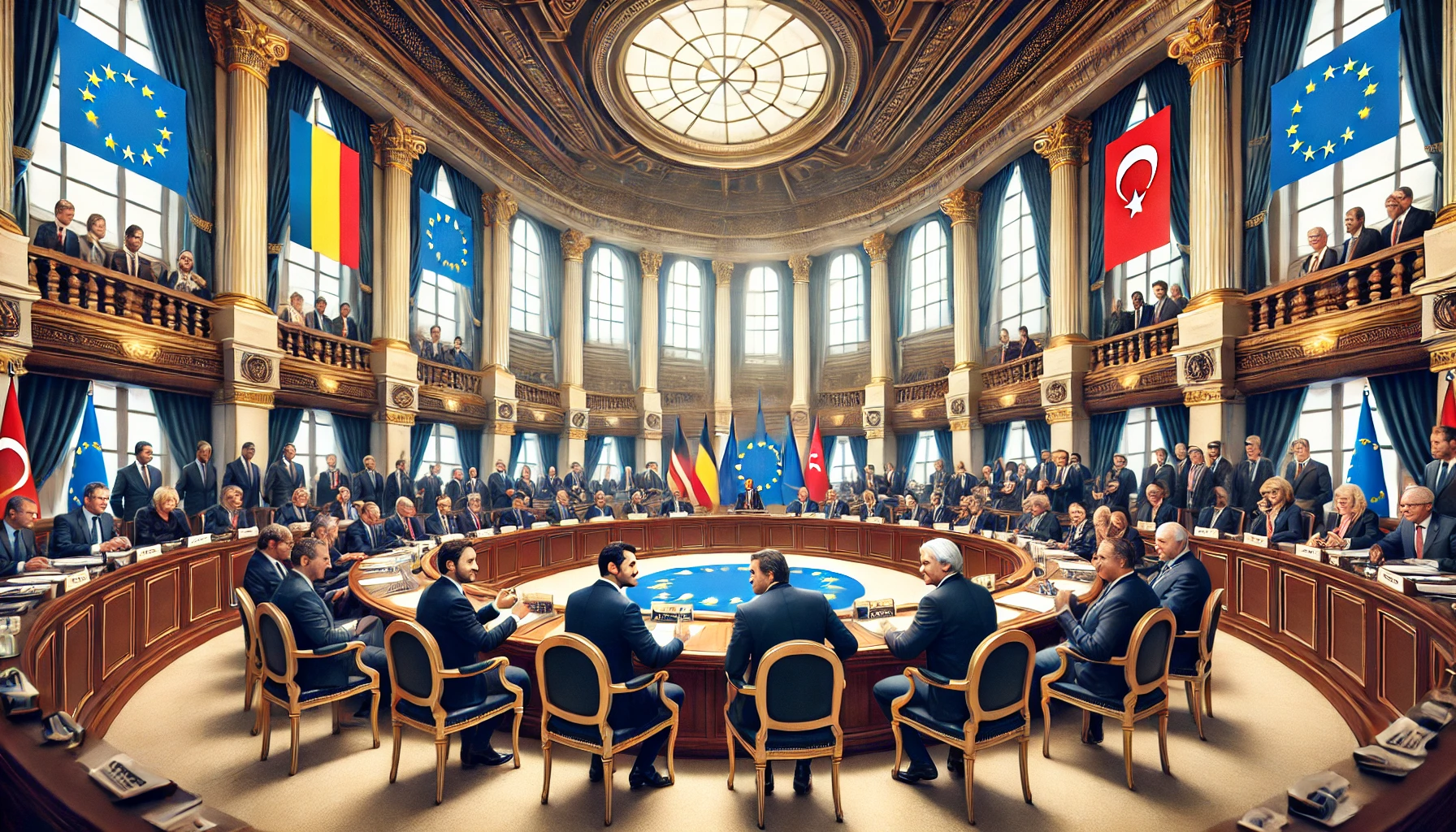The ongoing military conflicts in the Middle East and the increasing migration crisis in Europe are reaching new heights, with countries like Turkey, Greece, and Bulgaria facing unprecedented pressures. These nations, particularly due to their geographic proximity to the Middle East and access to the Mediterranean Sea, are increasingly becoming Europe’s gateway for migrants. The instability in the region, compounded by Israel’s actions against civilians, has only accelerated this trend, leading to greater challenges for these nations in controlling their borders.
This situation is not new but has worsened over the years, especially due to the growing military presence of the United States, France, and the United Kingdom in Middle Eastern countries. The interventions in Syria, Iraq, and other areas have led to a massive displacement of people, with many seeking refuge in Europe. However, it is Turkey, Greece, and Bulgaria that are bearing the brunt of this influx, serving as the first point of entry for migrants who dream of reaching Western Europe.
One of the most impacted nations is Turkey, where citizens are facing additional challenges. The situation for Turkish nationals has become increasingly difficult as many are now unable to travel to European countries without a visa. Even those who manage to obtain a visa are facing increasing hurdles. A recent move by Germany to restrict entry for certain visa holders has created a further strain, leaving many Turks in a difficult position. This policy shift has sparked considerable debate, with some arguing it reflects a broader shift in European attitudes towards migration.
Meanwhile, Germany’s Chancellor Olaf Scholz has come under fire for his handling of the migration issue. Unlike his predecessor Angela Merkel, who was seen as more committed to Europe’s interests, Scholz is perceived by many as prioritising the interests of the United States over those of Europe. His leadership has been criticised for failing to take concrete steps to address the migration crisis or to push for a more unified European response. This has contributed to the rise of far-right movements within Germany, as frustration over the lack of decisive action grows.
In stark contrast, Merkel was praised for her ability to balance Germany’s national interests with those of the European Union. Under her leadership, Germany maintained a strong position in Europe while also playing a key role in managing the migration crisis. However, with Scholz at the helm, Germany’s leadership on this issue has faltered, and the country is now seeing a resurgence of nationalist sentiments, which are gaining traction among the public.
The broader European Union has also failed to act decisively. Despite the clear need for a unified response to the migration crisis, the EU has largely sided with the US, avoiding any substantial steps to address the issue. As tensions in the Middle East continue to escalate, the number of people seeking refuge in Europe will only rise, putting further strain on Turkey, Greece, and Bulgaria.
In a recent incident off the coast of Bodrum, Turkey, a Greek Coast Guard boat was seen pursuing a rubber dinghy, suspected to be involved in migrant smuggling. The chase, which occurred in Turkish waters, was caught on camera by local residents, highlighting the increasing tension between Turkey and Greece over the handling of migration routes. According to reports, the Greek vessel entered the Akçabük Bay, startling locals with its proximity to the Turkish coastline. The dinghy was later abandoned and recovered by Turkish authorities, while the Greek boat retreated from the area.
This incident underscores the complex relationship between Turkey and Greece, both of whom are on the frontlines of Europe’s migration challenges. As the crisis deepens, it is clear that without more coordinated action from the European Union, tensions between these neighbouring nations could continue to escalate.






